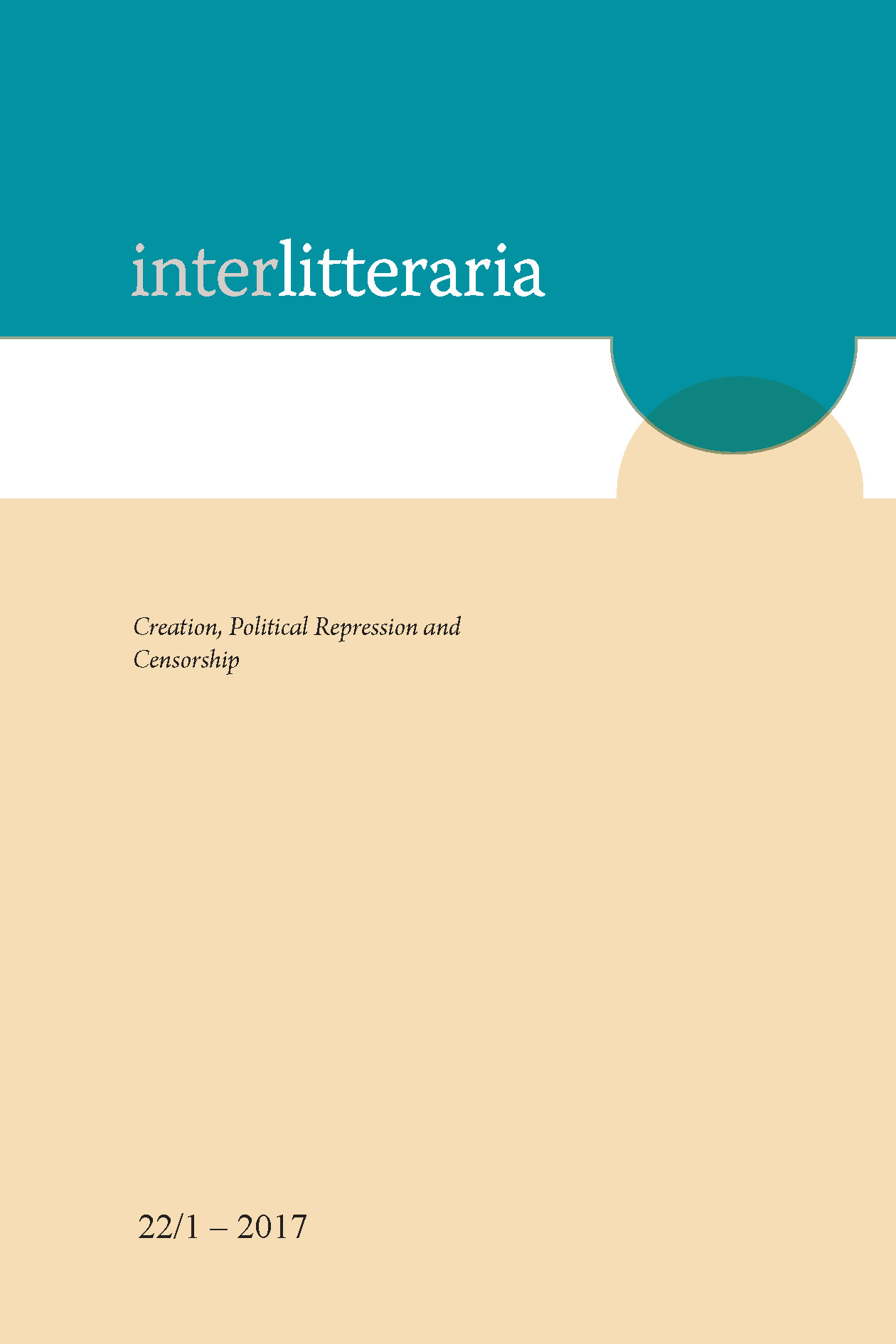Cortázar et Saramago : la représentation de la dictature et l’affirmation de l’engagement
DOI:
https://doi.org/10.12697/IL.2017.22.1.2Keywords:
Julio Cortázar, José Saramago, dictatorship, absurd, carnavalization, compromiseAbstract
Abstract. Cortázar and Saramago: the Representation of Dictatorship and the Strength of Engagement. Julio Cortázar and José Saramago create the poetics of compromise focused on a critique of the Argentinian and Portuguese dictatorships as paradigms of oppression and censorship. With this study, based on a comparatist analysis approach, we intend to show how the short stories “The Second Time Around” and “The Chair” denounce the evils of dictatorship, shaping fictions that explore the experience of impoverishment of the self. Cortázar’s text explores the practice of disappearance during Videla’s dictatorship from a absurd Kafkaesque perspective whereas Saramago’s writing focuses on the decline of Salazar’s dictatorship as a carnival game. Cortázar and Saramago assume the relevance of compromise, the aim of which is political disalienation in order to shape consciences enabling reassessing the evil effects of disalienating dictatorial regimes.Downloads
Download data is not yet available.
Downloads
Published
2017-09-07
Issue
Section
Articles
License
The contents of Interlitteraria are published under CC BY-NC-ND licence.


